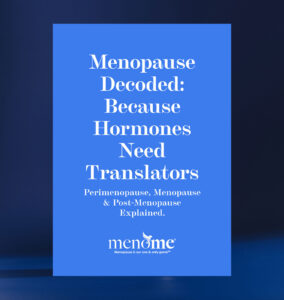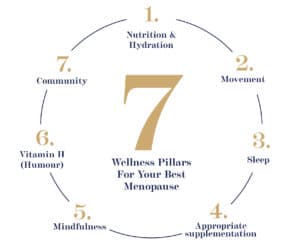Estimated reading time: 3 minutes
What’s the most transformative thing that you can do for your brain? Exercise! says neuroscientist Wendy Suzuki.
Professor Suzuki notes that exercise has the ability to change the brains anatomy, physiology and function. During her engaging TED talk (below) she discusses the science of how working out boosts your mood and memory. She also talks about how it protects our brain against neurodegenerative diseases like Alzheimer’s and dementia.
Exercise & The Brain
“What if I told you there was something you can do right now that would have an immediate, positive benefit for your brain including mood and focus?,” she asks.
Professor Suzuki is talking about the powerful effects of physical activity. Indeed, moving your body has immediate protective benefits for your brain that can last for the rest of your life. “I want to tell you how I used my deep understanding of neuroscience to essentially do an experiment on myself and discovered why exercise is the most transformative thing that you can do for your brain,” she says.
Duration: 12 minutes, 54 seconds.
Wendy Suzuki is a professor of neuroscience and psychology at the New York University Centre for Neural Science. She is the author of Healthy Brain, Happy Life: A Personal Program to Activate Your Brain and Do Everything Better.
Main photo by Daniel Reche from Pexels









